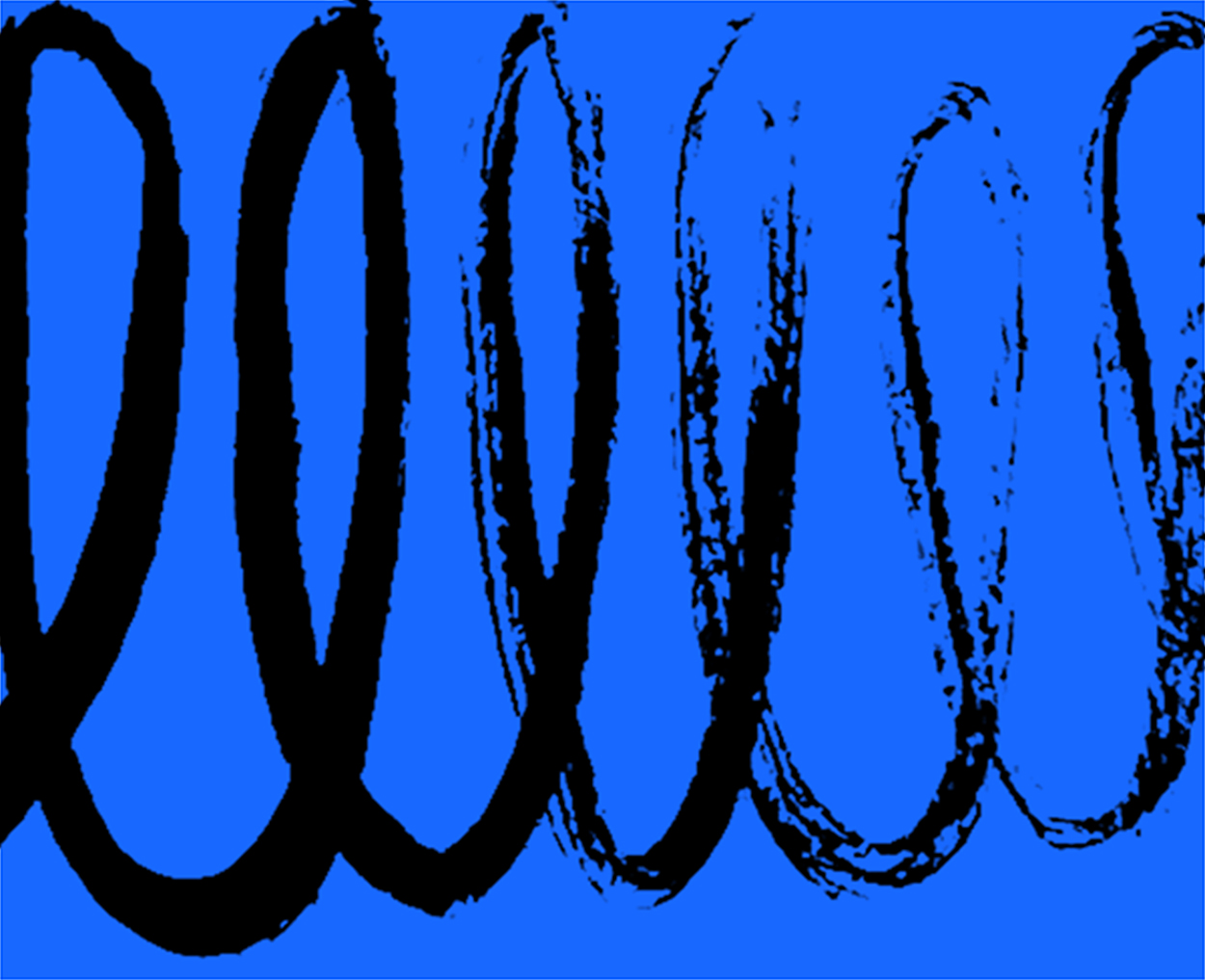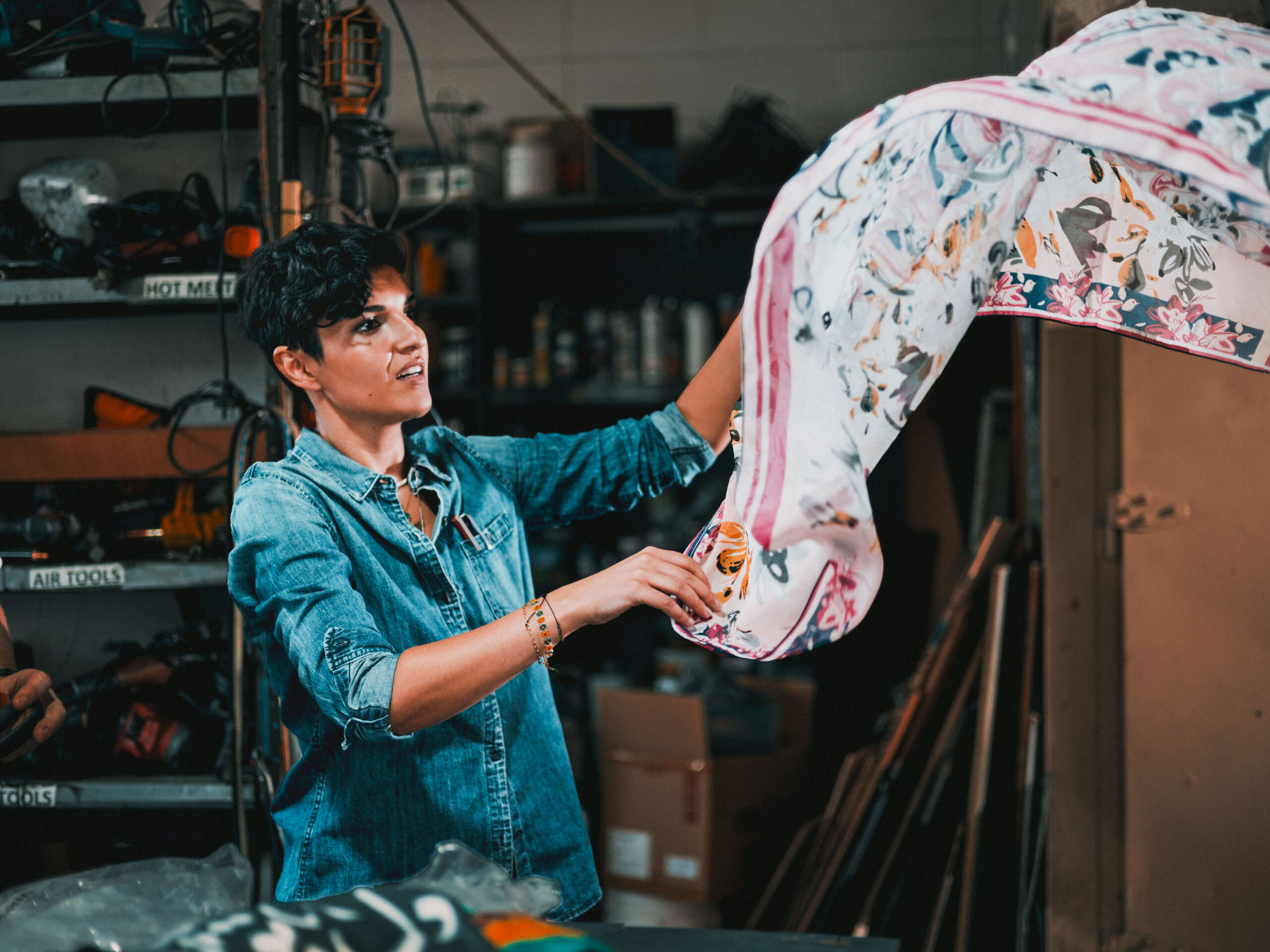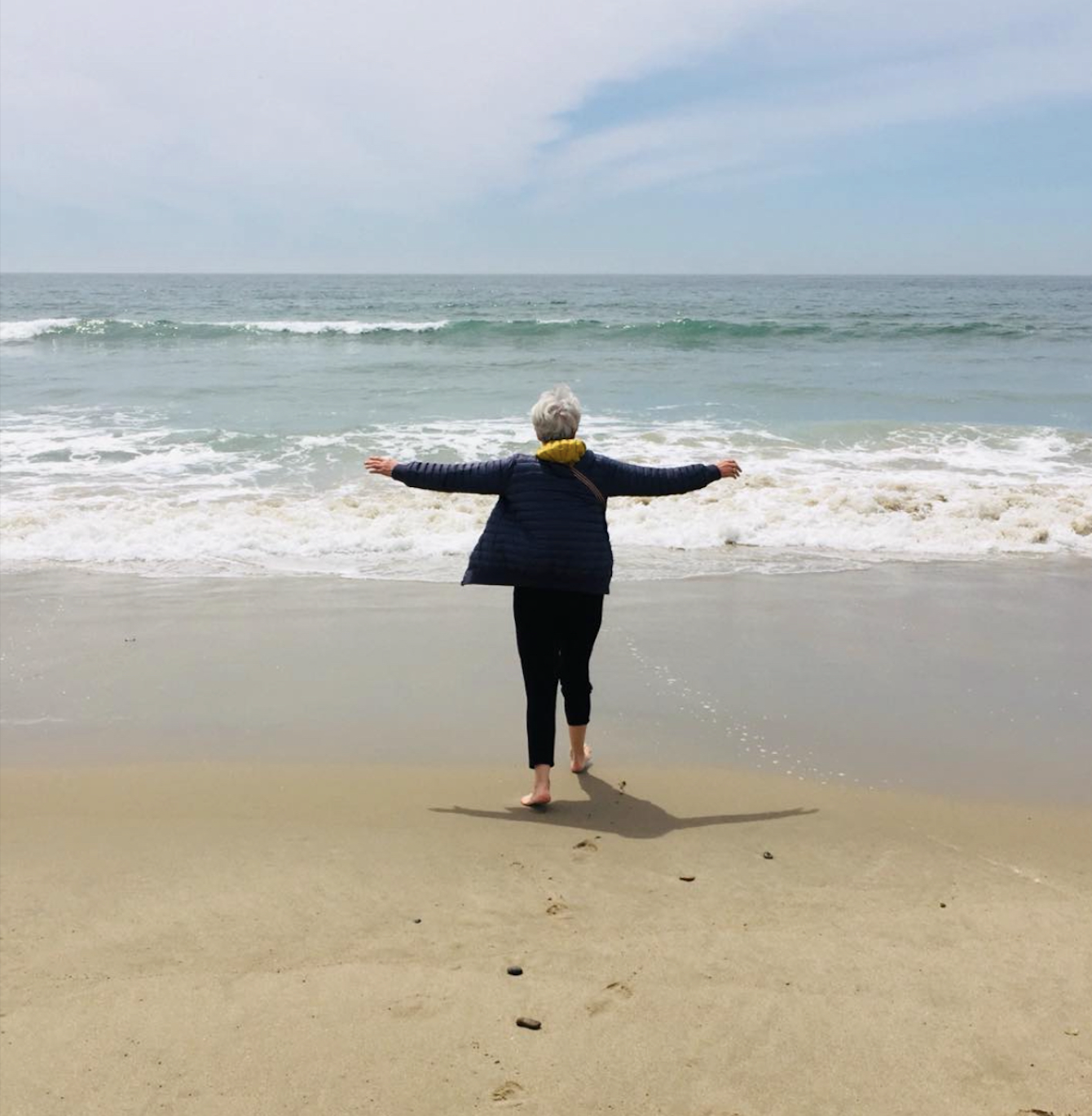
April 5, 2011
The Plight of the Political Artist

In a post on his blog entitled This Cannot Pass, Lebbeus Woods, who might be the conscience of the architectural profession, has vowed to accept no further commissions in China until Ai Weiwei is released from detention, unharmed. I hope the latter portion of this demand/plea is still a possibility.
As the author of a book on an artist, Peter Paul Rubens, who was both a diplomat and a spy, I am particularly attuned to the uneasy relationship between the artist and the state. Rubens spent much of his career working for unsavory regimes, institutions, and individuals for whom he had little respect. As an artist, he was prone to load his images with subtle (and sometimes not subtle at all) political messages warning of the dangers of war and expressing his humanist values. As a diplomat, he was for the most part a peace-maker, a pragmatist in a dogmatic time. Rubens wasn’t the type to overthrow the institutions of his era, but to reform them from within, and he was willing to put his life on the line to do so.
Ai Weiwei’s relationship to the state is more deliberately confrontational, and dramatizes with disturbing force the very difficult question as to whether engagement is better than isolation. A few weeks ago, I asked here and also on the site of the Glass House, whether it is acceptable to accept work from a government with a poor record on human rights. There was no clear consensus.
I admire Lebbeus for taking a stand and I share in his call for Ai Weiwei’s release.
Observed
View all
Observed
By Mark Lamster
Related Posts

Graphic Design
Sarah Gephart|Essays
A new alphabet for a shared lived experience

Arts + Culture
Nila Rezaei|Essays
“Dear mother, I made us a seat”: a Mother’s Day tribute to the women of Iran

The Observatory
Ellen McGirt|Books
Parable of the Redesigner

Arts + Culture
Jessica Helfand|Essays
Véronique Vienne : A Remembrance
Recent Posts
Compassionate Design, Career Advice and Leaving 18F with Designer Ethan Marcotte Mine the $3.1T gap: Workplace gender equity is a growth imperative in an era of uncertainty A new alphabet for a shared lived experience Love Letter to a Garden and 20 years of Design Matters with Debbie MillmanRelated Posts

Graphic Design
Sarah Gephart|Essays
A new alphabet for a shared lived experience

Arts + Culture
Nila Rezaei|Essays
“Dear mother, I made us a seat”: a Mother’s Day tribute to the women of Iran

The Observatory
Ellen McGirt|Books
Parable of the Redesigner

Arts + Culture
Jessica Helfand|Essays
